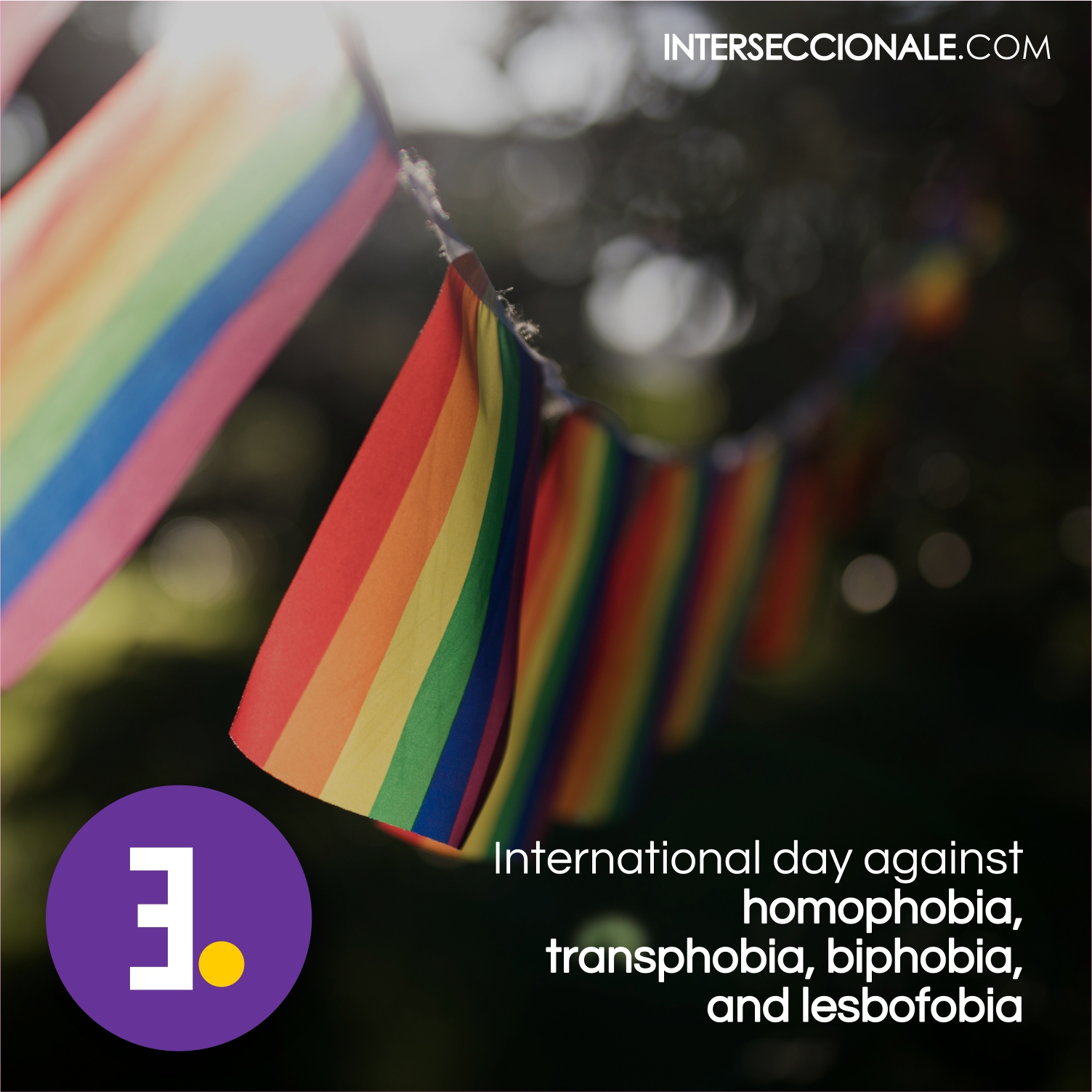Today we commemorate the International Day Against Homophobia, Transphobia, Biphobia, and Lesbofobia. 33 years ago, the WHO removed homosexuality from its list of mental illnesses, but it wasn’t until 2018 that the same happened with transgender identities.
In Peru, over 8% of the population identifies as non-heterosexual, which means that nearly 3 million people do not have access to the same rights due to the barriers associated with the LGBTQIA+ identities. These inequalities include same-sex marriage, discrimination in healthcare systems for not recognizing partners as family, and the lack of social benefits in case of the death of one partner, among others.
On this date, it is essential to address the need for a safe and violence-free society. For LGBTQIA+ individuals, openly expressing their sexual orientation in Latin American societies is a privilege, as they are often subjected to discrimination and violence due to their sexual identity.
It is important to recognize the existing inequalities resulting from sexual identities and confront them through initiatives that allow us to achieve a just society where everyone has equal opportunities.
#DíaInternacionalContraLaHomofobia #DíaInternacionalContraLaTransfobia #DíaInternacionalContraLaBifobia #DíaInternacionalContraLaLesbofobia #IgualdadDeDerechosLGBT #AmorSinEtiquetas #InternationalDayAgainstHomophobia #InternationalDayAgainstTransphobia #InternationalDayAgainstBiphobia #InternationalDayAgainstLesbofobia #LGBTQIAEquality #LoveWithoutLabels
